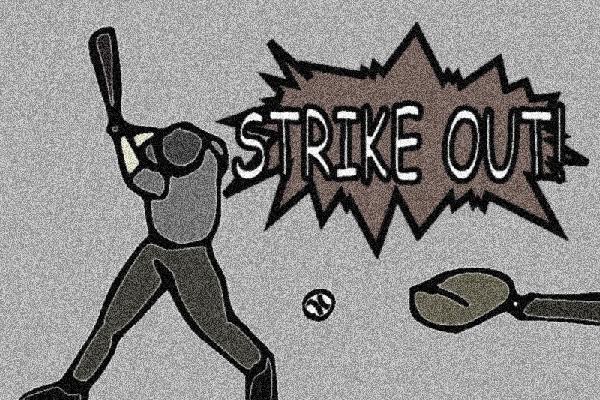
A court pleading may be struck out by the Court pursuant to Rule 9-5 ( 1) which states:
1) At any stage of a proceeding, the court may order to be struck out or amended the whole or any part of pleading, petition or other document on the ground that:
In Carhoun & Sons Enterprises Ltd. v. Canada (Attorney General), 2015 BCCA 163 (CanLII), Madam Justice Garson reviewed the test generally to strike a pleading on the basis it fails to disclose a reasonable cause of action:
[16] The test to strike a pleading on the basis that the claim fails to disclose a reasonable cause of action was described in Hunt v. Carey Canada Inc., [1990] 2 S.C.R. 959. Madam Justice Wilson, writing for the Court, emphasized that, in an application to strike pleadings, “[n]either the length and complexity of the issues, the novelty of the cause of action, nor the potential for the defendant to present a strong defence should prevent the plaintiff from proceeding with his or her case”: Hunt at 980.
Claims should only be struck out if it is plain and obvious they will fail or the case is “beyond reasonable doubt”: Hunt at 980. She said, “when a statement of claim reveals a difficult and important point of law, it may well be critical that the action be allowed to proceed”: Hunt at 990.




